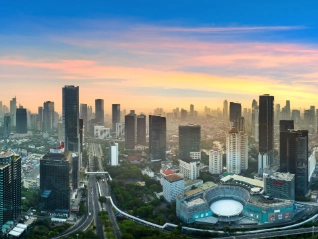Atradius Atrium
Ottenete l'accesso diretto alle informazioni sulla vostra polizza, agli strumenti di applicazione dei limiti di credito e agli approfondimenti.
 Italy
Italy













Carica di più
Visualizzazione 7 fuori da 135







Carica di più
Visualizzazione 7 fuori da 12







Carica di più
Visualizzazione 7 fuori da 24














Carica di più
Visualizzazione 7 fuori da 9
